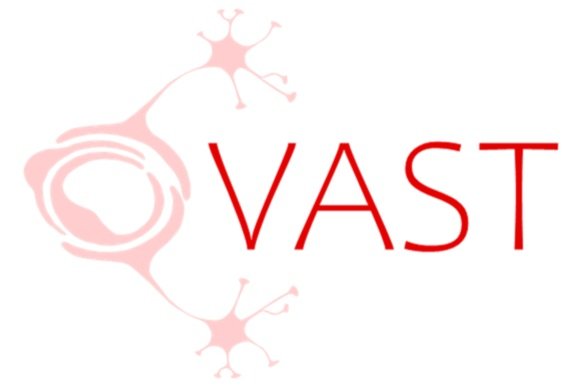Thinking Like a Researcher
VAST Experiential Learning Pilot Program
Harmony Bright-Doucette, Christina Holmes, Conor Barker, Erin L. Mazerolle
“Experiential learning allows for hands-on learning through work or volunteer experiences. I participated in VAST’s experiential learning pilot program in order to link vascular cognitive impairment (VCI) research to real observations I made through serving as a home care provider. I learned skills to find evidence related to my observations, which helped me contextualize my homecare experiences. I set up my placement with a community partner in my hometown of We'koqma'q to do homecare with clients a few times a week. I did some light housekeeping and kept the company of my clients. I met with my research mentor weekly to discuss and reflect on my experiences. Together we would expand my reflections and identify research related to my experiences. I learned much about how VCI impacts patients and what it looks like firsthand compared to seeing it in a textbook. For example, I observed my homecare client’s behaviour change after consuming sugar and did a literature search to try to understand the mechanism of this observation. Lastly, I learned a lot about my interests in this area and became motivated to study VCI and brain aging further. This pilot program demonstrated that experiential learning allows trainees to form a deeper understanding of the real-life problems that research has the potential to solve. Next year, I plan to undertake research into culturally-relevant cognitive assessments and adapt existing work to develop an assessment appropriate for my home community.”
—————————————————————————
Harmony will be entering her second year in the Health program (Biomedical stream) at St. Francis Xavier University this fall. This summer, she has been part of a pilot experiential learning program related to vascular cognitive impairment, supported by VAST and Service Learning at StFX. Harmony will be gaining hands-on experience with patient care through a partnership back in Unama’kik. Her goal for the summer is to help researchers build connections with participants and share their stories in research articles and journals in a more qualitative approach. Harmony also hopes to to take her experience and transform it into a research project in the future.
